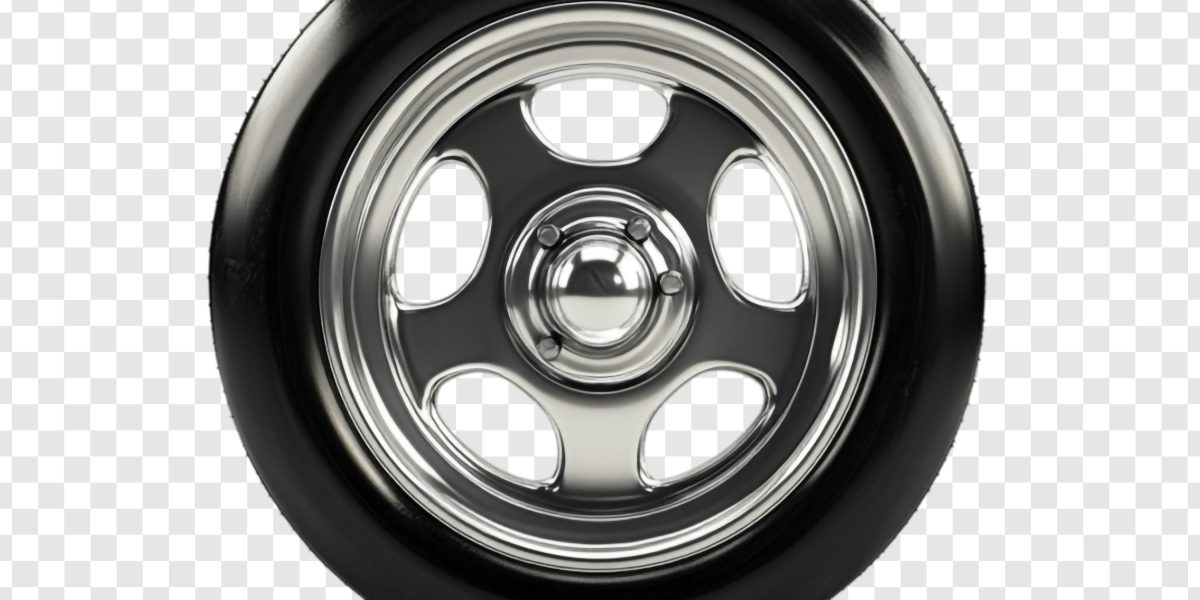When it comes to heavy-duty applications, from industrial machinery to transportation systems, the wheels used play a crucial role in ensuring smooth operations. Among the various materials available for wheels, cast iron wheels stand out for their remarkable strength, durability, and longevity. Cast iron has been a trusted material for centuries, thanks to its unique properties that make it ideal for challenging environments. Whether you’re in the manufacturing, warehousing, or logistics industries, cast iron wheels provide a reliable solution to your needs, ensuring that your operations run efficiently and safely.
In this blog, we will explore the numerous reasons why cast iron wheels are considered the perfect blend of strength and longevity, as well as their advantages in various industrial and commercial applications.
What Makes Cast Iron Wheels So Special?
Cast iron wheels are made from molten iron that is poured into molds to form their shape. This process, known as casting, gives the wheels a dense structure that provides both hardness and weight. The material itself is a blend of iron with carbon, often containing other elements such as silicon and manganese, which improve its strength and wear resistance. The result is a wheel that combines excellent mechanical properties, making it perfect for heavy-duty applications.
But what sets cast iron wheels apart from other types of wheels is their balance of strength and durability. These wheels are known for their ability to withstand high loads, rough surfaces, and even extreme temperatures, all while maintaining their structural integrity. This makes them the go-to choice for industries that rely on consistent performance under challenging conditions.
1. Exceptional Strength and Load-Bearing Capacity
One of the primary reasons cast iron wheels are favored in heavy-duty applications is their exceptional strength. Cast iron is a very hard material that can withstand immense weight without cracking or breaking. This makes cast iron wheels ideal for environments where high loads and heavy machinery are common.
For example, in warehouses and factories, cast iron wheels are often used in trolleys, carts, and conveyor systems. These wheels can support the weight of large loads without compromising the safety or efficiency of the operation. In industrial applications, they are used on machines that move or transport heavy parts, goods, or materials, where the constant weight and pressure would quickly wear out lesser-quality wheels.
The strength of cast iron wheels also makes them suitable for use in environments where impact resistance is critical. Whether it’s a wheel used in a mining cart or an industrial press, the material’s hardness allows it to absorb and distribute shocks and vibrations more effectively than wheels made from softer materials.
2. Long-Term Durability
Durability is another defining characteristic of cast iron wheels. Their ability to withstand prolonged use without significant wear or damage is a major reason why they are used in industries that require long-lasting solutions. The solid nature of cast iron ensures that the wheels retain their functionality over time, even under heavy load conditions. Cast iron’s resistance to wear and tear makes it a reliable choice for industries where the wheels will undergo constant friction and stress.
Additionally, cast iron wheels are resistant to many environmental factors that typically cause other materials to degrade. Unlike plastic or rubber wheels, cast iron is less susceptible to UV damage, cracking from low temperatures, or other environmental stressors. Whether it’s exposed to humidity, extreme heat, or abrasive conditions, cast iron wheels will continue to perform reliably.
3. Resistance to Heat and Corrosion
Another advantage of cast iron wheels is their resistance to heat and corrosion. Cast iron can withstand high temperatures without losing its strength or integrity, making it ideal for environments where heat is a concern, such as foundries or metalworking plants. In such environments, where machinery and equipment can become extremely hot, cast iron wheels will continue to perform without warping or weakening, unlike materials such as rubber or plastic, which can melt or distort under heat.
Moreover, cast iron is highly resistant to corrosion, particularly when it is properly treated or coated. This makes cast iron wheels suitable for outdoor applications or areas with exposure to moisture. The corrosion resistance of cast iron ensures that the wheels maintain their functionality even in humid or wet environments, such as in coastal areas or facilities where water-based substances are common.
Conclusion
When it comes to wheels for heavy-duty applications, cast iron wheels truly stand out as the ideal choice. Their combination of strength, durability, heat resistance, and versatility makes them the perfect blend of performance and longevity. Whether used in manufacturing, logistics, or construction, cast iron wheels offer a reliable solution that can withstand the test of time and provide smooth, efficient operation under even the most challenging conditions.
By choosing cast iron wheels for your equipment, you’re not only investing in performance but also in the long-term cost-effectiveness and reliability of your operations. With their low maintenance requirements and ability to endure harsh environments, cast iron wheels are a smart investment for businesses that demand the best from their machinery and equipment.












